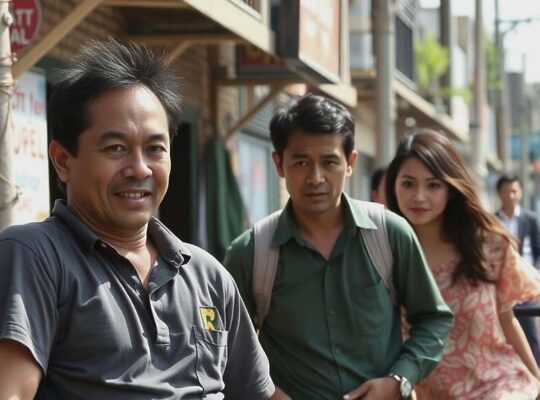The Federal Constitutional Court has intervened in a high-profile employment dispute, overturning a ruling by the Federal Labour Court and raising critical questions about the limits of anti-discrimination law and the religious autonomy of institutions. In a decision released Thursday, the court sided with a church employer who had appealed against a ruling mandating compensation to a non-religious applicant.
The original ruling by the Federal Labour Court had found the Diakonie, a German Protestant social care organization, guilty of discriminating against a candidate by excluding her from an interview due to her lack of religious affiliation. The court deemed this a discriminatory practice. However, the Karlsruhe-based Constitutional Court now asserts that the Federal Labour Court’s application of the General Equal Treatment Act (AGG) failed to adequately consider the employer’s constitutionally protected right to religious self-determination.
The Second Senate of the Constitutional Court annulled the lower court’s decision, referring the case back for reconsideration. This reversal has sparked debate within legal and political circles, with some commentators arguing it acknowledges the legitimate need for religious organizations to maintain their identity and values in hiring practices. Others express concern that the ruling could potentially create loopholes allowing for discriminatory practices under the guise of religious freedom, undermining the principles of equal opportunity.
While the court’s decision emphasizes religious self-determination, the referral back to the Federal Labour Court suggests that the case is not necessarily closed and further clarification on the balance between anti-discrimination law and religious freedom remains necessary. The outcome of the reinvestigation will be closely watched, potentially shaping future legal interpretations regarding the boundaries of religious institutions’ hiring policies and the scope of the AGG’s application. The ruling highlights a persistent tension between individual rights and institutional values within a secular legal framework.












